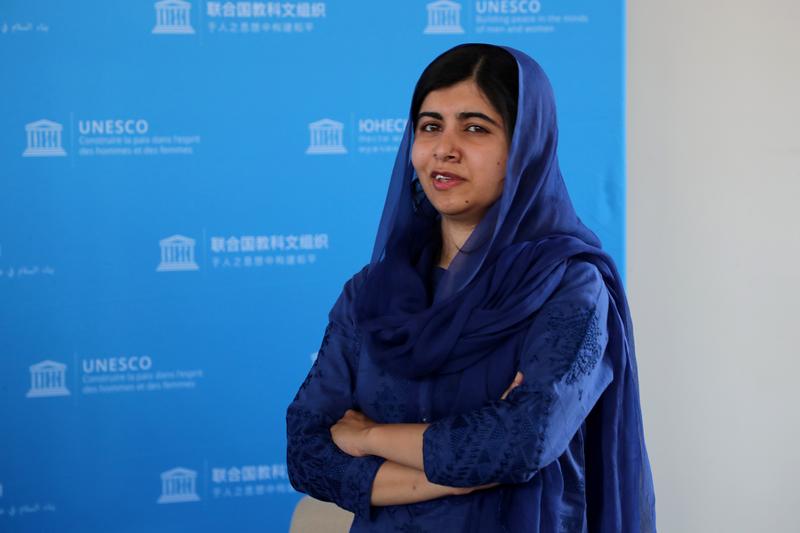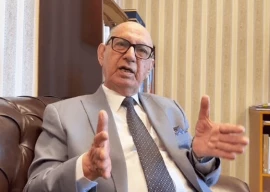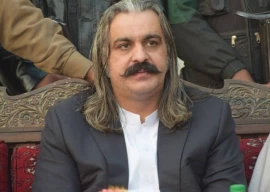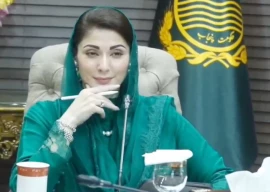
Nobel Peace Prize winner Malala Yousafzai on Sunday said that she was concerned that the Taliban's block on girls' education in Afghanistan will not be temporary, as claimed.
Malala, who was shot by the Tehreek-e-Taliban Pakistan (TTP) in 2012 for campaigning for girls' education, told the BBC's Andrew Marr Show that "I'm afraid that this ban that they have announced right now that they're calling temporary might not actually be temporary."
A similar ban in 1996 "lasted for five years", she pointed out.
After seizing power in August, the Taliban in September excluded girls from returning to secondary school while ordering boys back to class.
Read more: Malala sends letter to Afghan Taliban one month after girls' school ban
The Taliban have claimed they will allow girls to return once they have ensured security and stricter segregation under their interpretation of Islamic law -- but many are sceptical.
"We're calling on the Taliban to immediately allow girls to have access to their complete education, we're calling on G20 leaders and other world leaders to ensure that girls' rights are protected in Afghanistan," said Malala.
The 24-year-old activist, who revealed on Twitter this week that she had tied the knot with partner Asser Malik, sent an open letter last month urging the ban be reversed.
When she was 15, Malala was shot in the head by militants from the TTP in her home town in the Swat valley while on a school bus.
Also read: Meet Asser Malik, the man Malala married
She recovered after months of treatment at home and abroad before co-writing a best-selling memoir titled "I am Malala."
Malala was awarded the Nobel Peace Prize as a 17-year-old in 2014, sharing the award with Kailash Satyarthi, a children's rights activist from India.
She graduated last year from the University of Oxford with a degree in philosophy, politics and economics.



1731916090-0/sabrina-(3)1731916090-0-165x106.webp)
















COMMENTS (2)
Comments are moderated and generally will be posted if they are on-topic and not abusive.
For more information, please see our Comments FAQ